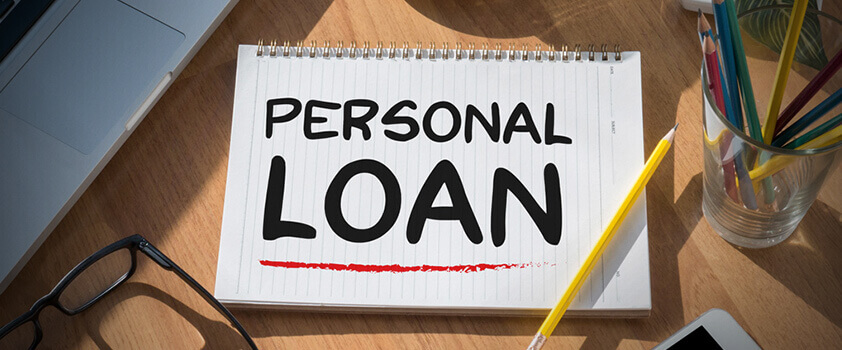You have been hit with an unexpected car breakdown. You have already exhausted your credit card limit, and your payday is still far away. To make things worse, your air conditioner needs urgent service because summer is only a few days away.
So, what do you do in a case? No need to panic because you can go for a no credit check loan or personal loan, sort out your issues and repay the loan amount plus accrued interest later.
But do you know that a personal loan can impact your credit score either positively or negatively? Therefore, it is always essential to assess the benefits vs. risks before you apply for one.
Read on to find out how a personal loan can affect your credit score.
What Is a Personal Loan?
Before we look at how a personal loan can affect your credit score, it is important to provide you with a quick overview of what we are talking about. A personal loan is a type of debt that can be spend on anything you wish.
Unlike auto loans or mortgage loans that are designed for specific purposes, there are no restrictions on how to use a personal loan. For instance, you can take it to start a new business, finance an expensive purchase, or pay your medical bill.
Since personal loans usually have a relatively low interest rate than credit cards, a lot of people use them to consolidate their debts. In fact, some lenders advertise personal loans as debt consolidation loans.
Personal loans can be secured or unsecured, but they may or may not be a no credit check loan depending on the lender. Secured personal loans attract a much lower interest rate than unsecured loans because there is collateral.
How Can a Personal Loan Help Your Credit Score?
A personal loan may help your credit rating in the following ways:
- Helps in building a payment history: Making your personal loan monthly payments on time helps to establish a good payment history which might increase your credit rating over time.
- Reduces your credit utilization ratio: Since a personal loan is an instalment loan, it doesn’t factor in your credit utilization ratio. The primary purpose of a credit utilization ratio is to establish how much of your available credit you are using.
- Contributes to a better credit mix: You need to have different types of credits on your report to boost your credit score. Being an instalment loan, a personal loan complements your revolving credit such as credit cards much better.
How Can Personal Loans Hurt Your Credit Score?
On the flipside of things, personal loan can also hurt your credit score in different ways. Here are some of the downsides of these loans you should be aware of.
- Creates a hard inquiry on your credit report: Whenever you apply for a personal loan, the lender will do a credit check on you to establish your creditworthiness. This is often seen as a hard inquiry on your credit report, which negatively affects your score. While the dip from a hard inquiry only lasts for a few months, too many inquiries can damage your rating extensively in the long run.
- Gets you deeper into debt: Every time you apply for a personal loan, it means you’re taking more debt. If you use the money to consolidate your other high-interest debts, it is critical to ensure that you also change your habits to avoid getting yourself into more financial trouble. Otherwise, you may reach a point when you can no longer make the monthly payments hence attracting a negative payment history that may hurt your score.

